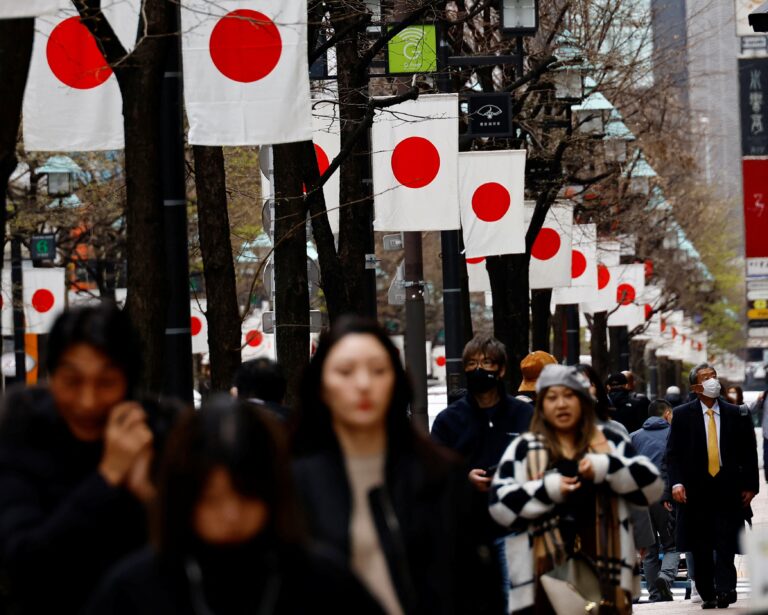In a significant move, Japan’s central bank, headquartered in Tokyo, has altered its interest rates. The Bank of Japan, operating in the world’s fourth-largest economy, raised its interest rate on Tuesday for the first time in nearly two decades.
At a recent policy meeting, the Bank of Japan elevated its short-term rate to a range of 0 to 0.1 per cent, departing from the previous negative 0.1 per cent.
This decision marks the conclusion of the longstanding monetary policy of implementing negative interest rates to stimulate economic growth. The specific policy of maintaining the interest rate within the range of 0 per cent to -0.1 per cent commenced in February 2007. Consequently, this move concludes the 17-year-old protocol.
This action was widely expected and signifies a shift away from the ‘ultra-lax’ monetary policy. It comes in the wake of a period where the Japanese economy, along with several other major economies, experienced a synchronized downturn in their fortunes.
Japan ceded its position as the world’s third-largest economy to Germany, which itself has been trailing behind many of its European counterparts.
Reportedly, inflation in the land of the rising sun is on the verge of reaching its target rate of 2 per cent in recent months.
However, the markets responded tepidly, as on Tuesday, a day after the interest rate adjustment, Japan’s Nikkei 225 index dropped by 0.36 per cent to reach 39,596.23 at the opening of the day’s trade.
Meanwhile, the historically low Japanese Yen, known for competitive reasons, stands at 149.75 against the US Dollar, compared to 148.96 on 17 March, according to Free Press Journal.
(Finance World and The Free Press Journal have published the article under a mutual content partnership arrangement.)


